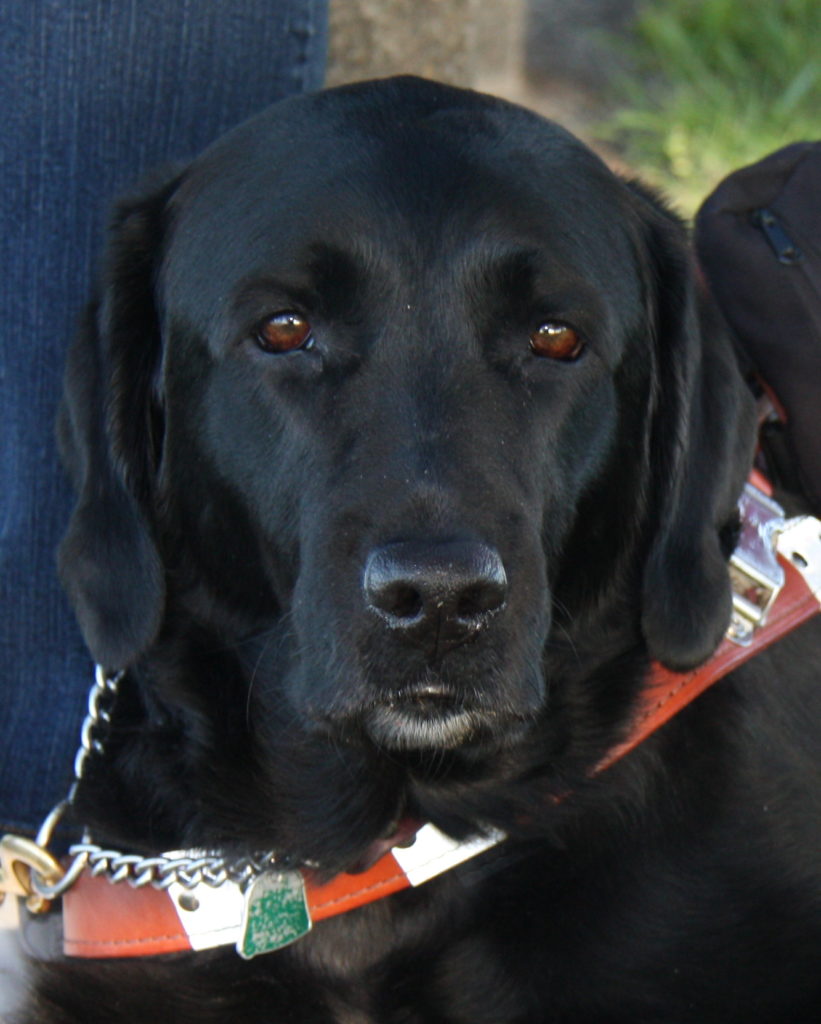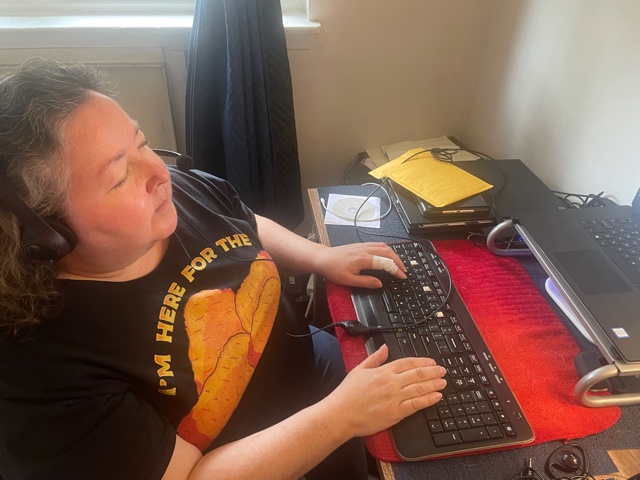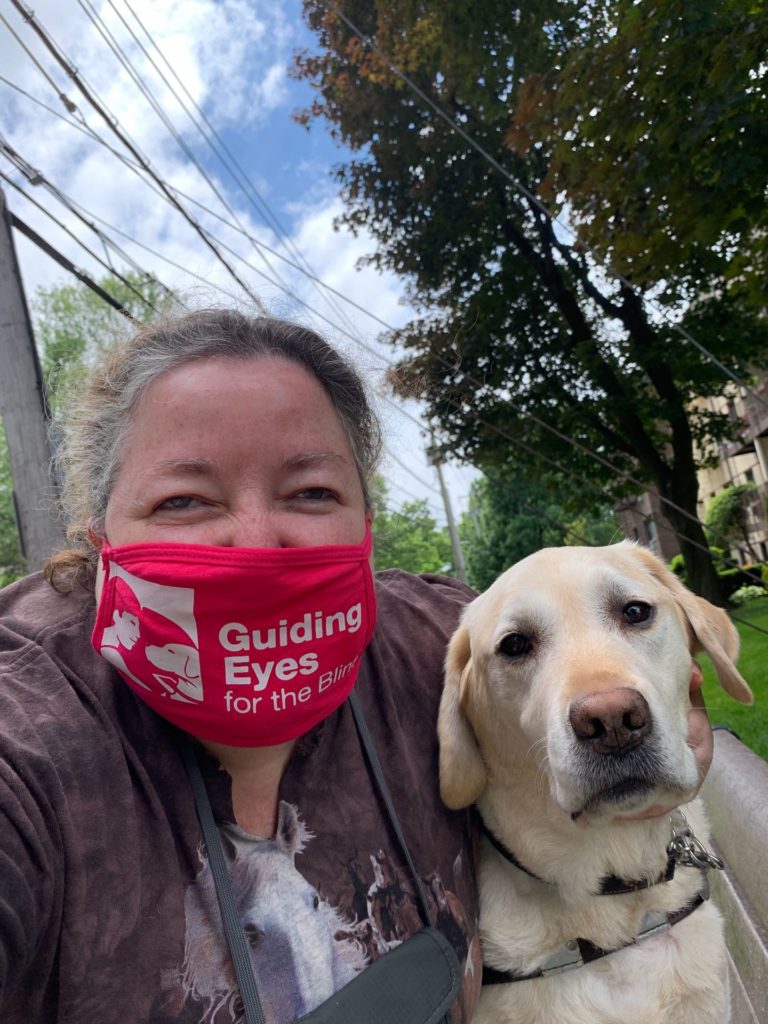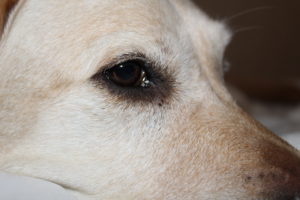Hello all-
I am taking part in this fundraising event — supporting a benefit concert for blind Ukrainians during this unstable time in their country. The event is legitimate and I am asking each of you to share it with your tribe.
My local blindness advocacy group, WCBNY did not even hesitate to agree to donate dollars. If blind folks don’t help other blind folks, what’s the point?
We all shared the same thought: what if this was our Country and we needed help? Every bit counts towards supporting the people who will need it.
Please direct your questions to the persons mentioned in the message below, not back to me.
From: https://mushroomfm.com/withyou
We’re With U. Blind performing artists’ Virtual Benefit Concert for blind Ukrainians on 16 April
Welcome
On 24 February, Russian forces invaded Ukraine. The death toll is mounting. Families have been torn apart as some seek refuge in other countries, while others stay to fight for their country’s freedom.
One of the consequences of war is that it results in life-changing impairments, including blindness. Another is that war leaves those who are already blind vulnerable and at risk.
The situation has made many of us feel helpless and heartsick. But there are things we can do, ways we can help.
On Saturday 16 April at 2 PM Eastern time in North America, 7 PM in the UK, that’s Sunday morning at 4 AM in Eastern Australia, 6 AM in New Zealand, the global online blind community is joining together for We’re With U, a benefit concert to help blind people who have been affected by the atrocities in Ukraine.
If you’re a blind performing artist, you know that music has power. This is your chance to perform to a worldwide audience while lending a helping hand to those who desperately need your help. If you appreciate great music in a range of styles, this is your chance to listen to some of the best the blind community has to offer, while also donating to support blind Ukrainians.
Every cent raised will reach organisations assisting blind Ukrainians, thanks to our partnership with the World Blind Union’s Unity Fund. World Blind Union is the global organisation representing the estimated 253 million persons who are blind or partially sighted worldwide. They are working actively with organizations in the area who are providing support to Ukraine. With their support, you can be sure that the generous donation you make will go to a project that makes a difference.
We also thank the National Federation of the Blind for their considerable moral, infrastructural and communications support for this project.
The below sections of this page have further information and is being updated regularly.
How can I listen
In the spirit of working together that has been the hallmark of this event, many Internet radio stations and channels in the blind community will broadcast the We’re With U concert. Chances are that if you listen to an Internet radio service of and for the blind community, you will hear the event there. Please check with your favourite station, and encourage them to carry We’re With U if they are not yet signed up to do so.
You can of course hear We’re With U right here on Mushroom FM. Mushroom FM has an accessible online player on this website. It is available in all radio directories including Apple Music. It has its own Alexa skill and Google Home action. You can also tell Siri to Play Mushroom FM.
How long is We’re With U set to run for?
We don’t yet know. Artists have until 8 April at 11:59 PM North American Eastern time to send in a contribution, but what we can say is that it is shaping up to be a showcase of talent that will last for some hours. So, be prepared to settle back with your best speakers, a beverage or two, and a keyboard to type in your credit card number to donate to Ukraine. Consider your kind donation the price of your virtual ticket to this event.
How do I donate?
Throughout the We’re With U concert and a little ahead of the event, we will give you a URL where you can donate securely with all major credit cards. Everything you give goes to blind Ukrainians who need our help.
Is there a social media hashtag?
You bet! It is #BlindWithU. Note that the U is an uppercase U, and not the world Y O U. Since we can’t bring everyone together in a stadium for this event, we encourage you to use the hashtag #BlindWithU during the event, and right now if you want, to discuss the concert.
I really want to donate to this, but I have trouble with credit card forms. Is there some other way?
We are working on the possibility of taking donations via phone and hope to have more to say ahead of the concert.
I want to perform. How do I register my interest?
That’s fantastic! The more the merrier. The event is being produced by Jaffar Sidek Ahmad, who came up with the brilliant idea of the We’re With U event and has seen it expand into the international concert it has become.
You will need to provide Jaffar with a high quality recording of your performance by 11:59 PM North American Eastern time on 8 April. We also ask that you preface your performance with a brief message that introduces yourself and tells us about why supporting blind Ukrainians is important to you.
If you have heard well-remembered past events in this genre, such as Live Aid, you know that happy music is OK, as are cover versions. Our aim is to raise as much money as we can by giving people excellent entertainment, so your contribution neither has to be original nor does it have to have a war theme. The key thing is that we entertain people, encourage them to stick around, and give what they can. So, whether you’ve written an original composition or you’re singing to a backing track, you are welcome to share your talent with the world for this important cause.
Please discuss what you’d like to do, by sending an email to jaffar.
I am part of an Internet radio station/YouTube channel/Other platform that can stream. Can we rebroadcast the event?
We welcome approaches from any partner who would like to carry We’re With U. The event is audio-only, and you will need to be able to relay a stream in MP3 format.
For more information or to express your interest, please contact Jonathan Mosen, who will be the MC for We’re With U, jonathan@MushroomFM.com . This will also ensure you get important updates relevant to those who are carrying We’re With U.
Copyright © Mushroom FM 2022.



